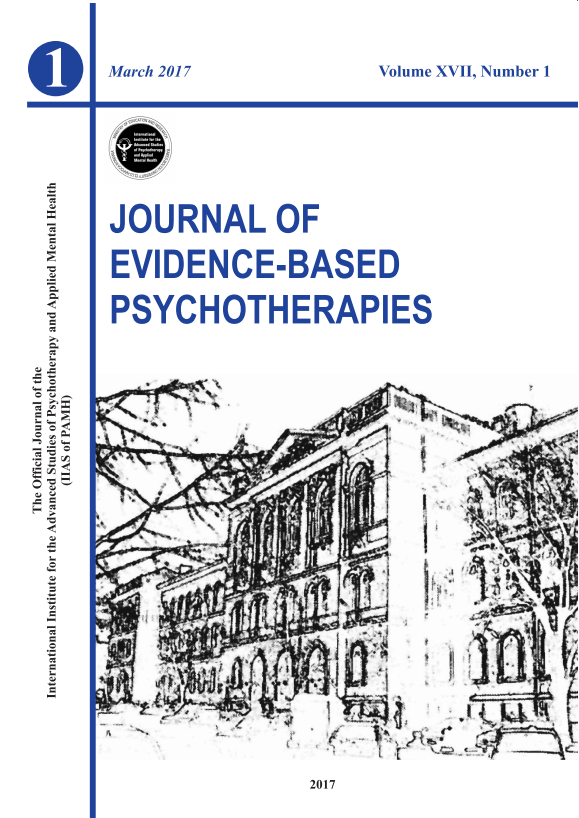tunde.poka@ubbcluj.ro
Tünde Póka1* and Andrea Barta2
1 Evidence-Based Psychological Assessment and Interventions Doctoral School, Babeș-Bolyai
University; Department of Applied Psychology, Babeș-Bolyai University Cluj-Napoca, Romania. ORCID ID https://orcid.org/0000-0003-1919-2375; e-mail: tunde.poka@ubbcluj.ro
2 Evidence-Based Psychological Assessment and Interventions Doctoral School, Babeș-Bolyai University; Department of Applied Psychology, Babeș-Bolyai University Cluj-Napoca, Romania. ORCID ID https://orcid.org/0000-0001-8754-6097; e-mail: andrea.barta@ubbcluj.ro
Abstract
The study aimed to investigate the feasibility and effectiveness of face-to-face, group-based Compassionate Mind Training (CMT) for undergraduate students. Following a 12-week CMT intervention, a cohort of undergraduate students in the CMT group (n = 45) and their counterparts in the passive control group (n = 21) were asked to fill out assessments before, during, immediately after, and three months following the completion of the intervention. These measures encompassed a range of factors, including self-compassion, negative affect, various forms of positive affect, depression, anxiety, stress, life satisfaction, and dysfunctional attitudes. Compared with the control group, participants belonging to the CMT group
showed significant increases in self-compassion and self-warmth, along with decreases in negative affect, self-coldness, dysfunctional attitudes, depression, and stress. However, mediation analyses, when applied within longitudinal models, did not establish the significance of self-compassion, self-coldness, or self-warmth as mediators in the context of the CMT’s impact on negative affect and soothing positive affect. The results support the effectiveness of a 12-week, group-based, face-to-face CMT for undergraduate students. Yet, they also cast doubt on self-compassion as the primary mechanism driving these changes, given the absence of supporting longitudinal evidence.
Keywords: self-compassion, intervention, students, CMT, affect.
Please cite this article as: Póka, T., & Barta, A. (2024). THE EFFECTIVENESS OF COMPASSIONATE MIND TRAINING (CMT) FOR UNDERGRADUATE STUDENTS. Journal of Evidence-Based Psychotherapies, 24(2), 69-104.
DOI: 10.24193/jebp.2024.2.12
Published online: 2024/09/01
Published print: 2024/09/01
